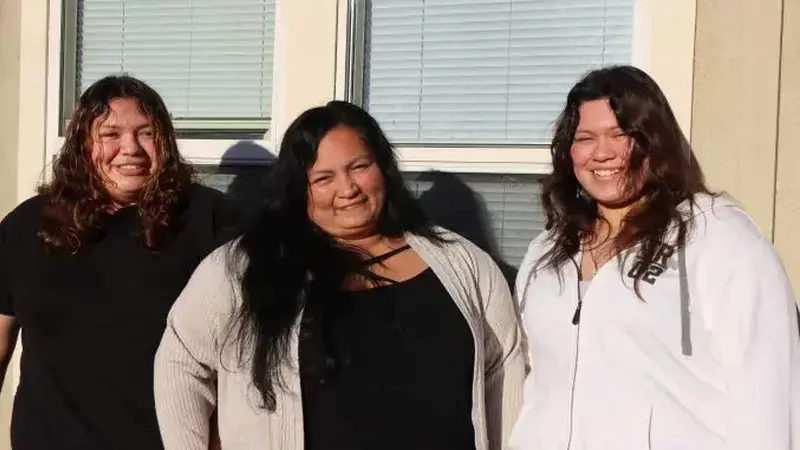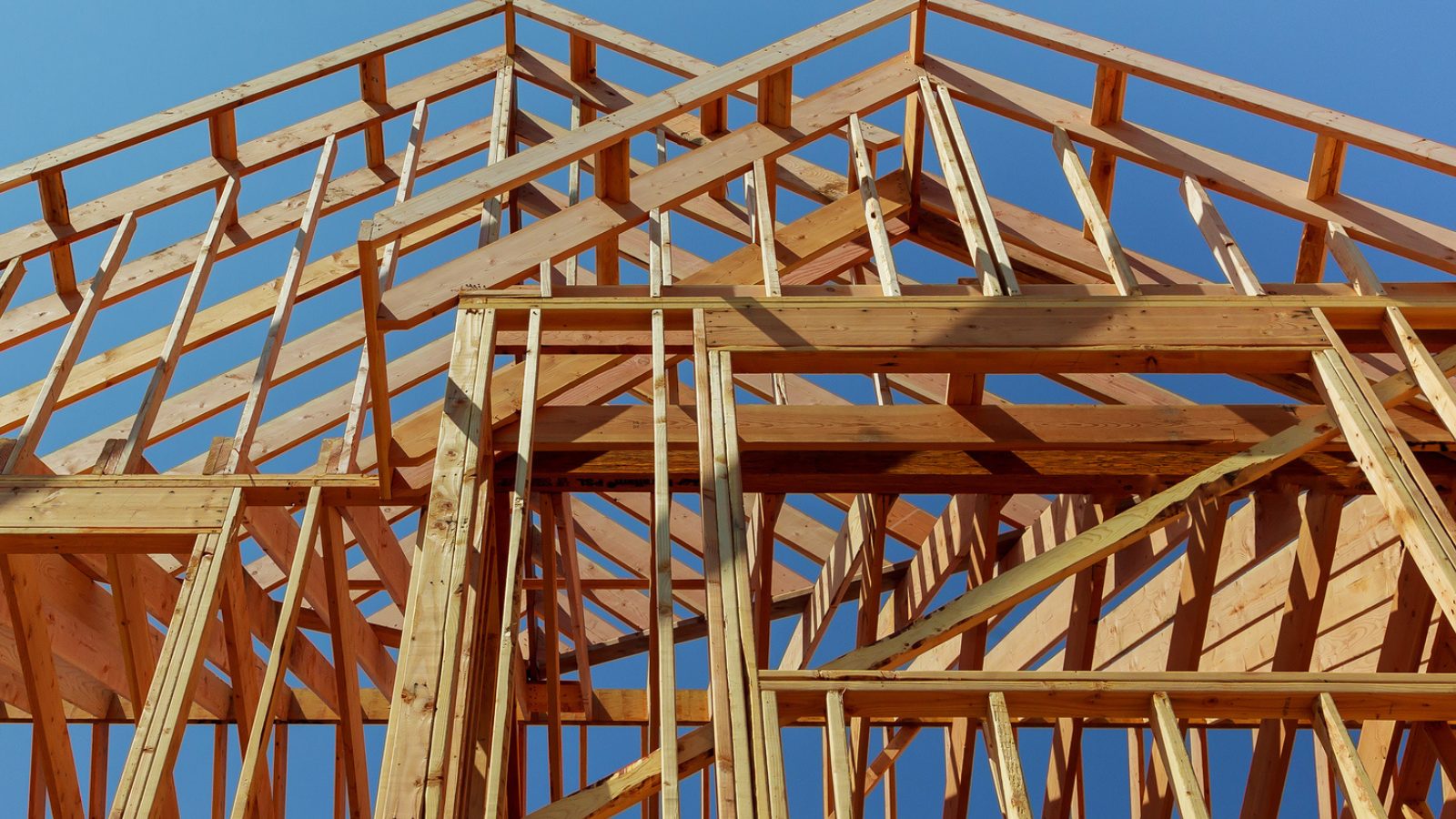
More Than Housing: How CHIP Resident Services Foster Community and Improve Mental Health
If you live in the North Valley, you may have heard of CHIP. You may even know what it stands for: Community Housing Improvement Program. But while the name may give you a clue about what CHIP does, it hardly paints the full picture.
It’s true that CHIP provides housing for low-income and disadvantaged residents. In fact, over its 50-year history, CHIP has built a staggering 2,000 single family homes. They currently manage 18 rental units across seven counties.
But to say all CHIP does is provide “housing” would be missing the bigger picture. As Theresa Nantor, Director of Resident Services, puts it, CHIP believes in “treating the whole person.”
One key to this is Resident Services. CHIP partners with over a dozen local nonprofits and service providers to offer healthy eating, activities for children, craft education, workforce development, college prep and summer programs. Most of these programs take place at the apartment complexes themselves. This spares residents the difficulties of travel and allows them to remain on familiar ground.
A program that’s made a particular impact in CHIP apartment communities in recent years is Promotores. Run by North Valley Catholic Social Services, Promotores aims to improve mental health in the Hmong and Latino communities through weekly educational support groups for adults and children.
The word “educational” is important here. As Norma Servin-Lacy, Program Manager of Promotores, points out, “Mental health is a big stigma in our community. People don’t want to seek help because they don’t want to be seen as ‘crazy.’ There are also the language barriers and lack of access to service.”
Promotores attempts to break down theses stigmas through links to services, information, community bonding and fun activities. The Kids Group meetings, held twice weekly in the afternoons, last between one and two hours, offer bilingual and mindfulness activities, and involve anything from mental health support to arts and crafts to help with homework. Resident Guadalupe McNeil has seen firsthand the benefits of these sessions for her two children, Marisela (17) and Marianna (13).
“They love it,” she says. “I love it. It gets them out of the house, away from screens, and interacting with other kids. During the pandemic, they became very isolated. It affected their mental health.”
It was the impact of the pandemic that Promotores wanted to address with one of their latest activities, Picture This: A Photovoice Project. Adults and children in CHIP residences were given cameras, instruction in photography, and told to shoot photos of their pandemic experience. The result was a series of posters combining text and image, a document of their experiences as Latinos in the U.S. during an uncertain time. These posters expressed their fears, anxieties, and the damage COVID-19 inflicted on their community—but also their hopes for the future and even the small moments of joy found during quarantine.
McNeil feels it was an invaluable experience for her daughters, particularly Marisela. “She was able to express herself in a new way. It really brought her out of her shell.”
So the next time you drive past CHIP housing, remember that you’re looking at more than an apartment complex. You’re looking at a source of connection.
“You can get someone in housing,” Theresa Nantor says, “but if they don’t have the knowledge or tools to access resources in the community, and also be a part of the community, there’s a disconnect there.”
For more information on the Picture This project, visit https://www.migrantclinician.o...
Story written by: Raul Clement from the Chico New & Review.
Photo by Ray Laager.


